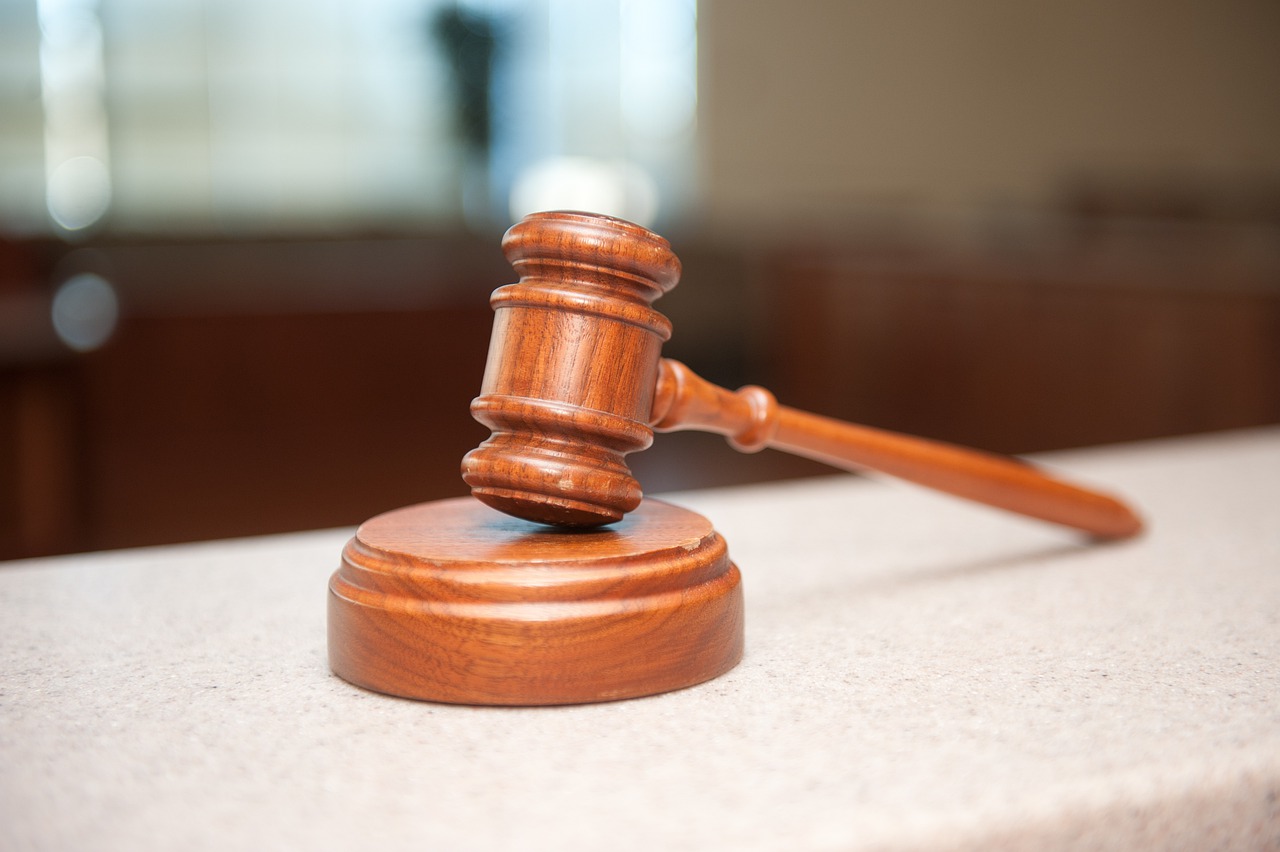It’s a common misconception that only criminals require the services of a lawyer. Nothing could be less true. Even when you are not directly involved in a crime, you could be arraigned as a suspect. But criminal cases are not the only legal matters that require the mediation and/or representation of an attorney.
At a Ft Lee legal office, for instance, you could consult for review of any civil case you have. It could be a case of personal injury, a cease and desist filing, or a contract review. Whatever the case, choosing a lawyer is a significant decision that can impact your personal and professional life. Here are five important things to consider when selecting a lawyer.
Experience and Expertise
Lawyers often specialize in specific areas of law. When choosing a lawyer, it is best you consult with one who has expertise in your legal matter. You wouldn’t want a divorce lawyer to handle your claims case – whether insurance or personal injury.
Also, look for a lawyer whose experience aligns with your legal needs. An experienced lawyer will be familiar with the nuances of your case and can navigate the legal system effectively.
For instance, if you have a case that eventually goes to trial, an attorney with trial experience is better than one without any. They understand best court proceedings and are more tactical in their positions as representatives of either the prosecutor or defendant. Their experience translates to anticipating challenges and formulating winning strategies.
Reputation and Reviews
The reputation of a lawyer speaks volumes about their professionalism. A well-regarded attorney is more likely to provide excellent service and achieve favorable outcomes.
Do not just rely only on their online advertisement of expertise. Read reviews from previous clients. Get recommendations from friends who have experience with said lawyers. Or check state associations and groups for information on any lawyer before you engage their services.
Communication Skills
Lawyers are often busy. If their law firm is a large one, the chances of missing appointments become higher. So, you should be looking to engage lawyers who prioritize effective communication.
Your lawyer should explain legalese in simple words. Answering your questions and addressing your concerns should be a priority. Assess their communication style. If they listen attentively and communicate clearly, they are invaluable.
Fees and Billing Practices
Understandably, your budget for your legal matter will have limits. You need to understand the fee structure of the lawyer you will engage, as it’s essential to avoid unexpected costs. Lawyers typically charge in several ways, including:
- Hourly rates – There’s no standard rate, and long-term, the fees can add up.
- Flat fees – A one-time payment that is often huge but saves you cost if your case is going to be a long one.
- Contingency fees – Where the lawyer gets paid a percentage of your claims only if you win your case.
- A retainer fee – A lump sum paid to the lawyer at the start of the case and any additional costs incurred later made up as outstanding fees.
Ensure you discuss their billing practices during your initial consultation so you plan your budget well. Remember, the cheapest option isn’t always the best, nor is the more expensive one.
Compatibility and Comfort Level
Legal matters can be stressful and emotionally taxing. Since you will be sharing sensitive details with them, it’s important to choose a lawyer you feel comfortable with and trust.
Your lawyer will be your advocate, advisor, and confidant throughout the process. Be wary of any lawyer who promises an absolute positive outcome, as they cannot determine that.







